Next Stop: Board Rooms. United Way Graduates Project LEAD Class
It’s one thing to have a seat at the table; it’s another to lift concerns of those who aren’t there and help pave a way for their presence. United Way of King County launched Project LEAD—Leadership Effectiveness and Diversity – nearly 30 years ago to empower people who identify as BIPOC with the skills and expertise to make impact in leadership roles.
Project LEAD is a nonprofit board training program for equity-centered individuals who seek to be effective leaders in their communities. More than 1,000 people have graduated from the program and have since ensured that communities are represented and heard on advisory and governing boards. The monthlong program also includes a fundraising cohort: Participants are asked to raise at least $200 throughout the course of the certificate program.
This year’s Project LEAD cohort of 26 students graduated on Wednesday night. United Way caught up with two Issaquah-area graduates before the virtual ceremony: Sunita Shastri and Evan Jackson. The latter captured first place in the fundraising challenge, collecting more than $2,000. Each graduate received a celebratory meal kit from Marjorie Restaurant in Seattle as part of the ceremony.
Sunita Shastri, Issaquah
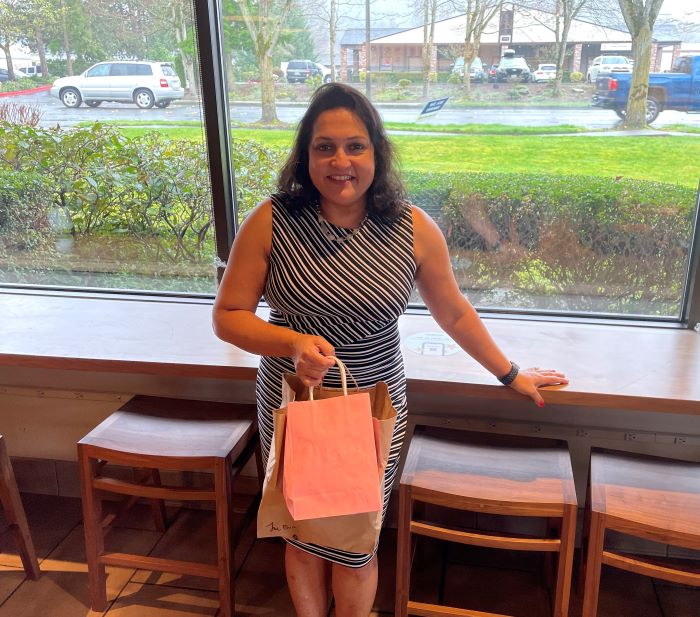
United Way: What were your expectations going into Project LEAD?
Sunita Shastri: I wanted to hear from the experts about some of the issues that were critical but not dealt with in the right way. I wanted to understand the background of the BIPOC community of boards and how nonprofits can make a difference. I thought this was a program to learn about being a board member.
United Way: Have you served as a board member previously?
Sunita Shastri: I have not served. I’ve volunteered my time, but I am finally at a stage where I have more time to give. And I bring a business expertise that many nonprofits need help with, so that’s where I feel I’m ready to contribute. My initial impression is that most boards still have majority white members, and there is a lack of presence from the BIPOC community. I’ve lived here for 27 years. Being a person of color, I feel I belong in this area now, and I would like to be a better member of society by helping people who need our help.
United Way: What did you learn about boards via Project LEAD that made you say, “I had no idea”?
Sunita Shastri: There were many board members who shared many stories about what they thought was critical, especially things that didn’t happen in their organizations. Representation from the BIPOC community was so small and they had to really fight to say what they really wanted and get their voices heard. I thought it was interesting, because you’d expect that when there is a group of board members, and they are all working toward a common goal, that they would all agree and would have a good quorum. But that’s not always the case, so it’s important to hear everything and represent everybody in the group.
United Way: This time next year, where do you see yourself applying what you’ve learned in Project LEAD? Have you joined any boards yet?
Sunita Shastri: I have volunteered with many nonprofits in the Puget Sound area and I am passionate around causes related to women. I am currently on a committee for The Sophia Way [an organization dedicated to ending homelessness for women in King County]. I would like to join their board. I believe in their cause and what they are doing. I also have a friend who has started a nonprofit that is helping people with essential needs on a daily basis. They have asked me to be an advisory board member. I’m looking into that. I am also interested in serving on the board of Upaya Social Ventures, which is a nonprofit helping small businesses in India. I would love to work with them.
Evan Jackson, Issaquah
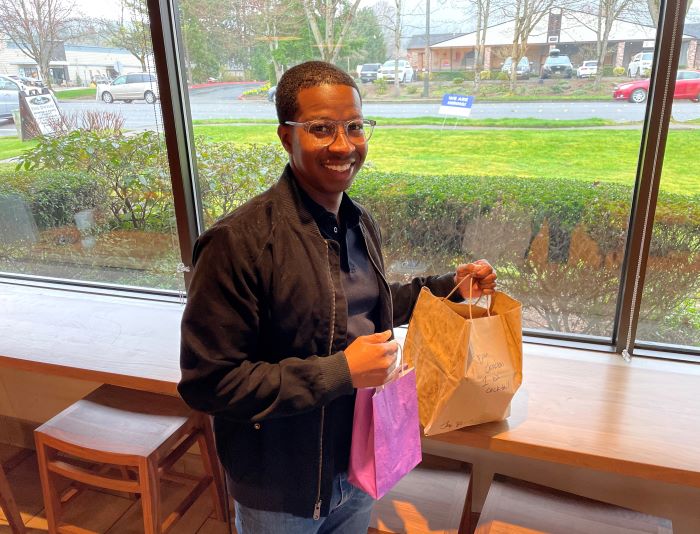
United Way: When did you first learn about Project LEAD?
Evan Jackson: I work at Expedia now, but when I worked at Costco, someone in human relations there introduced me to Project LEAD. Costco does a lot of things with United Way, and that’s how I got connected. I had a good friend at Costco who was an alumnae of Project LEAD, and she stands by it. She said, “Definitely try to get in, and if they accept you, perfect, because it’s invaluable information. It’s a lot of information of the different aspects of running a board.” My friend went in before COVID, so she was doing everything in person. I went to her graduation from Project LEAD, and I got to see it up close. And I’ve been involved with United Way since I moved here [from Michigan and Texas]. Just seeing the things they’re doing, trying to end homelessness and trying to help out people, that’s what it’s all about.”
United Way: What type of work have you done with United Way?
Evan Jackson: I’ve done some food drives, some in Seattle and with Costco, some around different cities when it’s available.
United Way: What did you have in mind to accomplish when you joined Project LEAD?
Evan Jackson: I didn’t have anything in mind when I joined. I didn’t have any particular board in mind. I felt I would do my research about boards while I was in the program or after, or even go to a [Project LEAD] meet and greet with the different boards and see which one interested me the most. And I didn’t want to stretch myself too thin by being part of all the boards.
United Way: What did you learn about boards that you did not know prior to taking part in Project LEAD?
Evan Jackson: I had a lot of speculation, so I think Project LEAD solidified a lot of information: that [board membership] is going to be very busy. That it can be super disorganized or very organized, depending on when you’re joining and the people you’re working with. It’s all about the people working with the organization, their passion and their level of dedication.
United Way: This time next year, where do you see yourself applying what you’ve learned in Project LEAD?
Evan Jackson: I hope to say that I’ll be a board member or part of an organization or meeting my fundraising goals. I just want to meet people and serve the community and feel like I’ve served the community. Even with some things I’ve done in the past, it felt like it was just for the moment, and after that I can’t really say I did anything. That was the case even with the food banks. Doing something like that once or twice is one thing, but doing it every day, helping local farmers grow food, is a totally different thing.

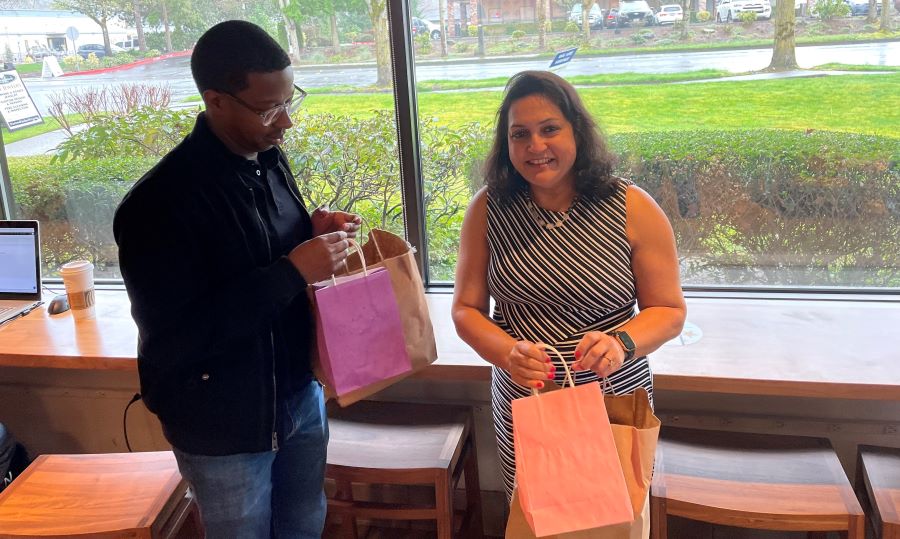
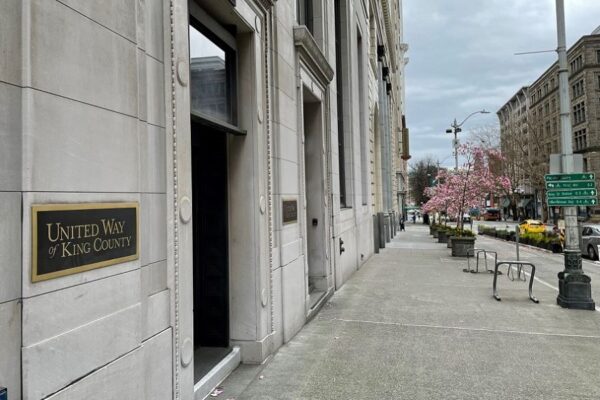
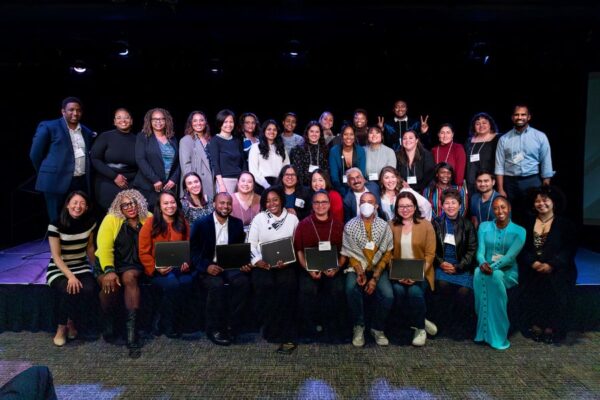
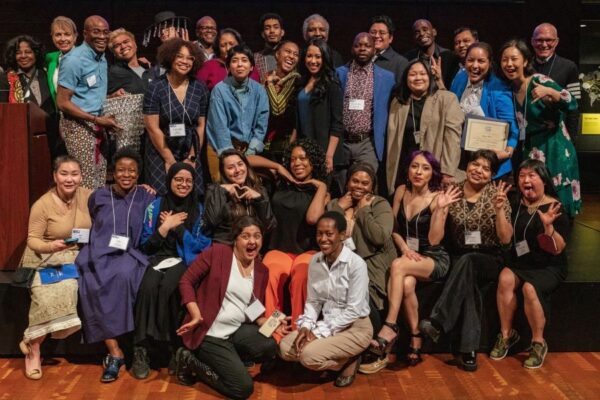
Comments